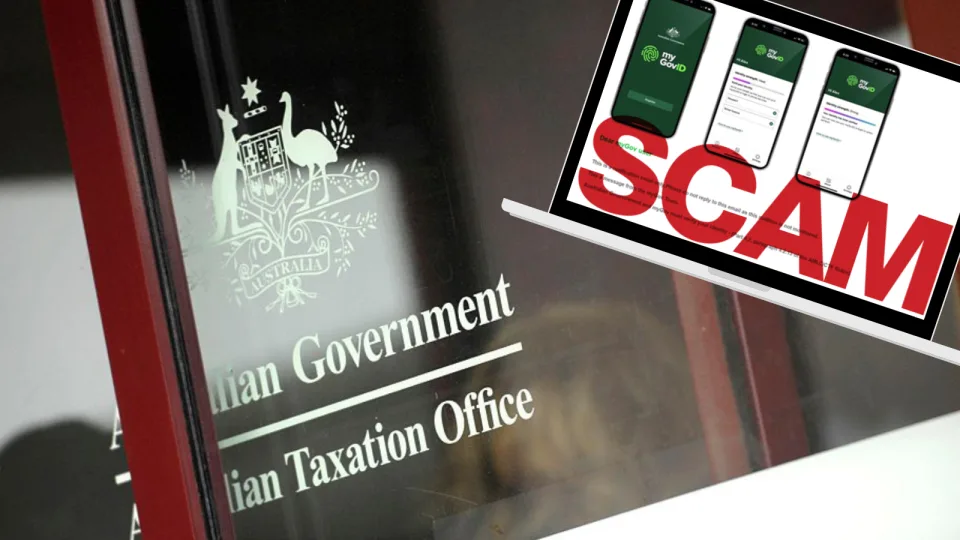When a gift or donation is deductible
You can only claim a tax deduction for a gift or donation to an organisation that has the status of a deductible gift recipient (DGR).
To claim a deduction, you must be the person that gives the gift or donation and it must meet the following 4 conditions:
- It must be made to a DGR.
- It must truly be a gift or donation – that is, you are voluntarily transferring money or property without receiving, or expecting to receive, any material benefit or advantage in return. A material benefit is something that has a monetary value.
- It must be money or property – this can include financial assets such as shares.
- It must comply with any relevant gift conditions – for some DGRs, the income tax law adds conditions affecting the types of deductible gifts they can receive.
DGRs sometimes authorise a business to collect donations on their behalf. For example, a supermarket may be authorised to accept a donation at the register that they then send onto the DGR. You can claim a deduction for a gift or donation you make in this way, if:
- it meets the 4 conditions above
- you have a receipt from the third party.
If you receive a material benefit in return for your gift or donation to a DGR – for example, you purchase a ticket to a fundraising dinner – it’s considered a contribution and extra conditions apply.
To claim a deduction, you must have a record of your donation such as a receipt.
What is a deductible gift recipient?
A DGR is an organisation or fund that registers to receive tax deductible gifts or donations.
Not all charities are DGRs. For example, crowdfunding campaigns are a popular way to raise money for charitable causes. However, many of these crowdfunding websites are not run by DGRs. Donations to these campaigns and platforms aren’t deductible.
You can check the DGR status of an organisation at ABN Look-up: Deductible gift recipientsExternal Link.










